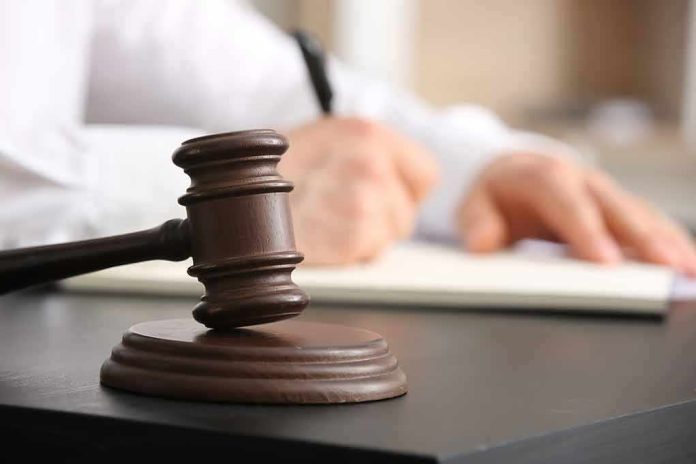
Denmark’s bold new copyright law grants citizens complete ownership of their own image and voice, making it the first European nation to legally protect people from AI deepfake exploitation.
Key Takeaways
- Denmark is passing groundbreaking legislation giving citizens copyright protection over their personal image and voice specifically to combat AI-generated deepfakes
- The law enables Danes to demand removal of unauthorized AI-generated content depicting them and seek compensation for infringements
- Tech platforms failing to comply with the new regulations will face severe financial penalties
- The legislation has rare broad cross-party political support and is expected to be enacted by autumn 2025
- Denmark plans to use its upcoming EU presidency to encourage other European nations to adopt similar protective measures
Denmark Takes Strong Stand Against AI Manipulation
In a significant move to protect citizens in the digital age, Denmark is implementing comprehensive copyright legislation that will give individuals full ownership rights over their image and voice. The amendment to existing copyright law has gained widespread support across Denmark’s political spectrum, reflecting the urgency of addressing growing concerns about AI-generated deepfakes. This pioneering legislation effectively classifies deepfakes as realistic digital representations of a person’s appearance and voice, establishing clear legal boundaries around the unauthorized use of someone’s likeness in artificial intelligence applications.
“In the bill we agree and are sending an unequivocal message that everybody has the right to their own body, their own voice and their own facial features, which is apparently not how the current law is protecting people against generative AI,” said Jakob Engel-Schmidt, Culture Minister.
Enforcing Digital Rights and Accountability
The forthcoming law will provide Danish citizens with legal standing to demand the immediate removal of AI-generated content that depicts them without explicit consent. Additionally, individuals will have the right to seek compensation for any violations of their newly established image rights. The legislation covers not only static images but extends to realistic digital imitations of performance artists’ work as well. Though comprehensive in its protections, the law maintains important exceptions for parody and satire, balancing individual rights with creative expression in a thoughtful approach to digital content regulation.
“Human beings can be run through the digital copy machine and be misused for all sorts of purposes and I’m not willing to accept that,” stated the culture minister.
Setting a European Standard
Denmark’s initiative represents the first of its kind in Europe, establishing a precedent that could influence digital rights legislation across the continent. The Danish government has already announced plans to leverage its upcoming European Union presidency to encourage other EU member states to adopt similar protective measures. This coordinated approach aims to create a unified European front against the misuse of deepfake technology, with potential involvement from the European Commission to ensure compliance from tech platforms operating across multiple jurisdictions.
“Of course this is new ground we are breaking, and if the platforms are not complying with that, we are willing to take additional steps,” said Jakob Engel-Schmidt, Culture Minister.
Implementation and Enforcement Timeline
The proposal has been submitted for consultation before Denmark’s summer parliamentary recess, with the formal amendment to copyright law expected to be enacted in autumn 2025. Tech platforms operating in Denmark will face substantial financial penalties for non-compliance, creating strong incentives for digital service providers to implement robust content moderation systems. This legislative effort reflects growing conservative values of personal responsibility and individual rights in the digital space, protecting citizens from unauthorized exploitation while holding technology companies accountable for the content they host and distribute.





